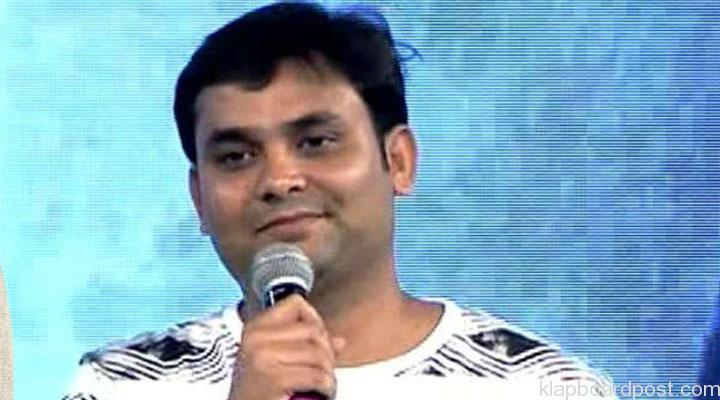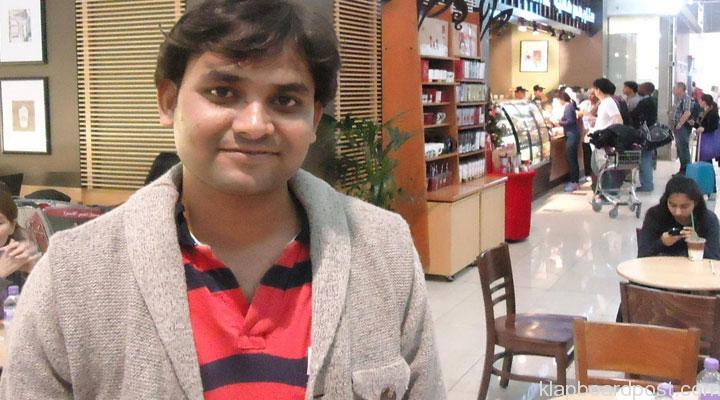Y Sunita Chowdhary
In an industry where there are several heavyweights among lyricists like Ramajogiah Sastry, Sirivennela, Chandrabose, Ananth Sriram and Bhaskarabhatla, it’s not easy to distinguish yourself and stand out, but Shreemani has managed to carve his niche with his impressive lyrical range for many years now. It’s no surprise that the lyricist is a pure romantic at heart and it is this dimension he used to great effect while writing the Uppena number Nee Kallu Neeli Samudram. Klapboardpost.com makes an attempt to understand the intensity beneath his seamless word flow.

“Nee Kallu Neeli Samudram from Uppena is a Qawwali and a Sufi kind of song, and a rare composition in Telugu. In the last five years, I remember writing only one in that style and that is a small one, Chirunama from Ekkadikipothave Chinnavada. This is a different film and its ‘tatkaram’ has a small magic, we can’t say specifically what it is but it tugs at your heartstrings. Devisri Prasad and Sukumar and also director Bucchi Babu in their music sittings came up with this. I found the situation inspiring when they said it should be in the Qawali style. The first two lines were composed and I was asked to follow suit. It is written like a riddle/puzzle. We state the situation in two lines and the third line completes it. Though we normally finish the complete Pallavi, here we do it in the third.”
Example:
Appu adigane kotha kotha matalani,
thappukunnaye bhumi paina bhashalanni,
cheppalemanna ye aksharallo premani.
Nee andhamantha uppena,
nannu munchinadhi chappuna,
entha munchesina thele banthini nenenaa
“It took me for four or five days to write and it was difficult. To write for Sukumar is a challenging task. I wrote three songs for Uppena and the rest of them are yet to release. Most love stories are musicals and so is Uppena. Devisri is at his best with love stories. This tale happens in a village between a fisherman and a girl. There is a line that goes ‘Nee prema valalo chikkukunna chapani’. The love story takes an intense turn. When you give a rose to a girl, the emotion is different. When the girl rejects, it is a different emotion, when she accepts, it is different as well. This expression, be it pain or happiness should be elevated. Love is constant but we just give expression to that emotion. We try to use contemporary situation to express when it is shot in an urban atmosphere and in rural, we use nature as a divine element to express love. In love songs, the weather plays a big role. I definitely visualise all that and write.”
Though most directors give the same situation, how do we write those situations film after film without being typecast and convincing the filmmaker? “There is a magic in it, something new in it. When a writer comes up with something, he feels he is writing something new. They definitely do and as they approach that way, they already eliminate fifty percent of boredom there itself for us. In any language, love is the same but I see it in a new dimension.”

“It is not necessary to be in love to feel the intensity. By imagining love, there is more scope for expression and the versatility comes through research and someone’s references. What about intensity in love then? Silence is the biggest noise love makes. Also, a lot of things lead you to intensity. Directors and producers ask us to introduce or give us alternate words though difficult for the common man to understand. It isn’t that they are happy with simple words. It all depends on the director. I write a word I know and there is no rule that all should understand. In most cases, the director says it should be retained so that people will hunt for the meaning in the dictionary. They want permutations and combinations. Actually it isn’t new words they seek, they want words that haven’t been used for long.”













